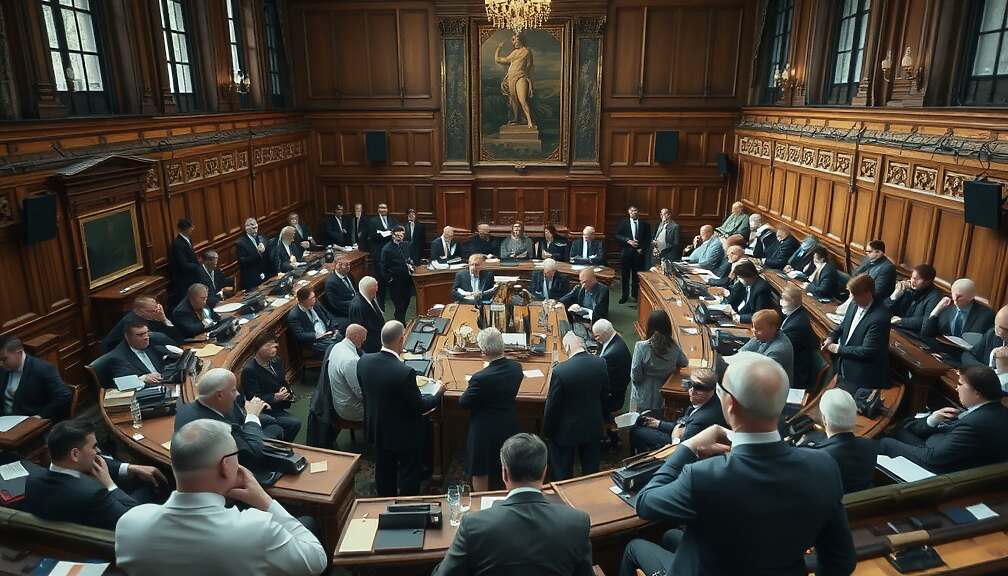The proposed pension reform package currently facing parliamentary deadlock in Germany is prompting calls for a postponement and a broader re-evaluation of intergenerational equity. Federal Minister for Youth Karin Prien, of the Christian Democratic Union (CDU), has publicly advocated for delaying the vote in the Bundestag, citing the need for “fair solutions for the broad majority” and emphasizing the importance of ongoing dialogue “across generations.
The reform package, championed by the ruling coalition, is teetering on the brink of failure due to internal divisions within the CDU/CSU parliamentary group. The party’s youth wing, the Junge Gruppe, has threatened to block the initiative, fueled by concerns raised at the Junge Union’s recent national convention. The core of their objection centers on the perceived disproportionate burden placed on younger contributors under the current draft legislation.
Minister Prien’s call for a delay transcends a simple recalibration of the pension formula. She argues that German society’s perspective on aging and generational responsibility requires a fundamental shift. “We must talk about more than just the pension formula” she stated in an interview with Handelsblatt. Acknowledging her dual responsibility as both Youth and Senior Minister, Prien underscored the need to view older individuals not solely as a financial liability, but as valuable contributors to society, possessing experience and a desire to remain engaged.
Beyond simply addressing the immediate pension crisis, Prien’s remarks represent a call for a new “generational contract”. She asserted that the current generation, including “Boomers and the older generations” must actively contribute to equipping younger individuals to navigate emerging challenges. This proposal implicitly critiques the existing societal framework, highlighting the need to move away from a system where younger generations face the disproportionate responsibility for the welfare of older ones. Failure to reset this dynamic, she contends, risks undermining the promise of a prosperous future for Germany’s youth and damaging public trust in the country’s long-term stability. The call for a revised intergenerational contract signals a growing political pressure to address the underlying anxieties surrounding economic fairness and opportunity in German society.












